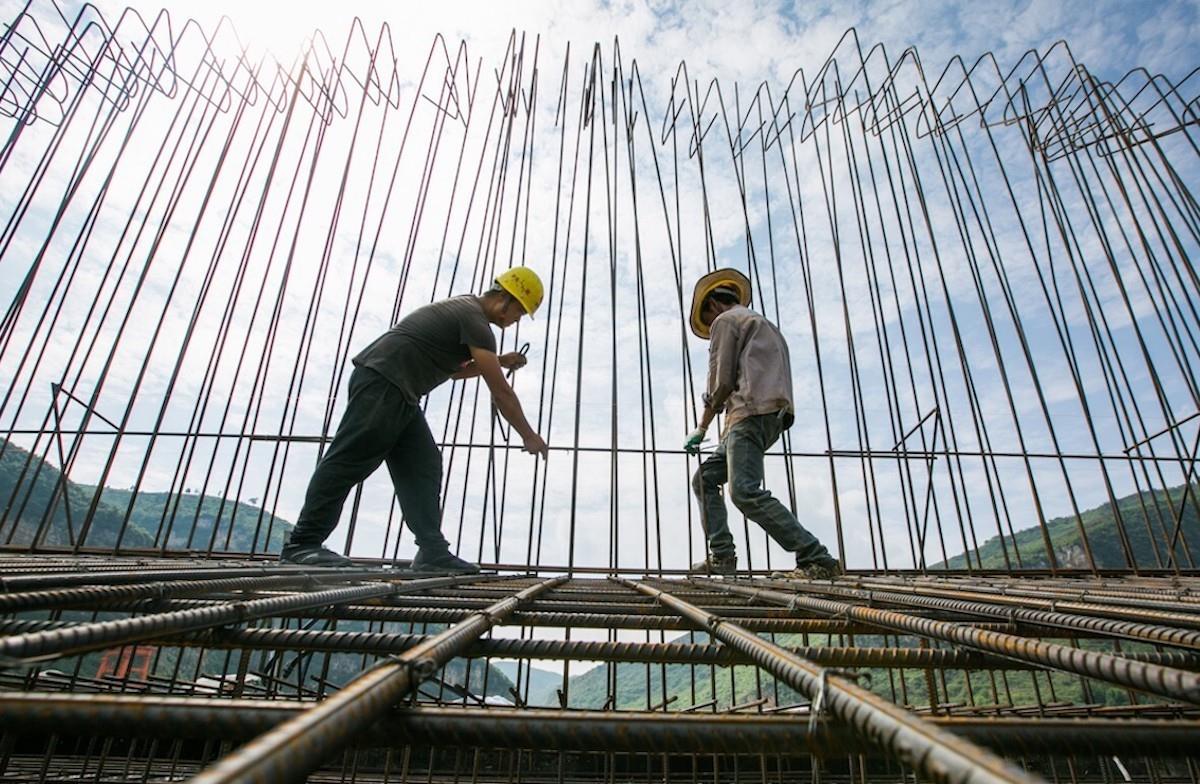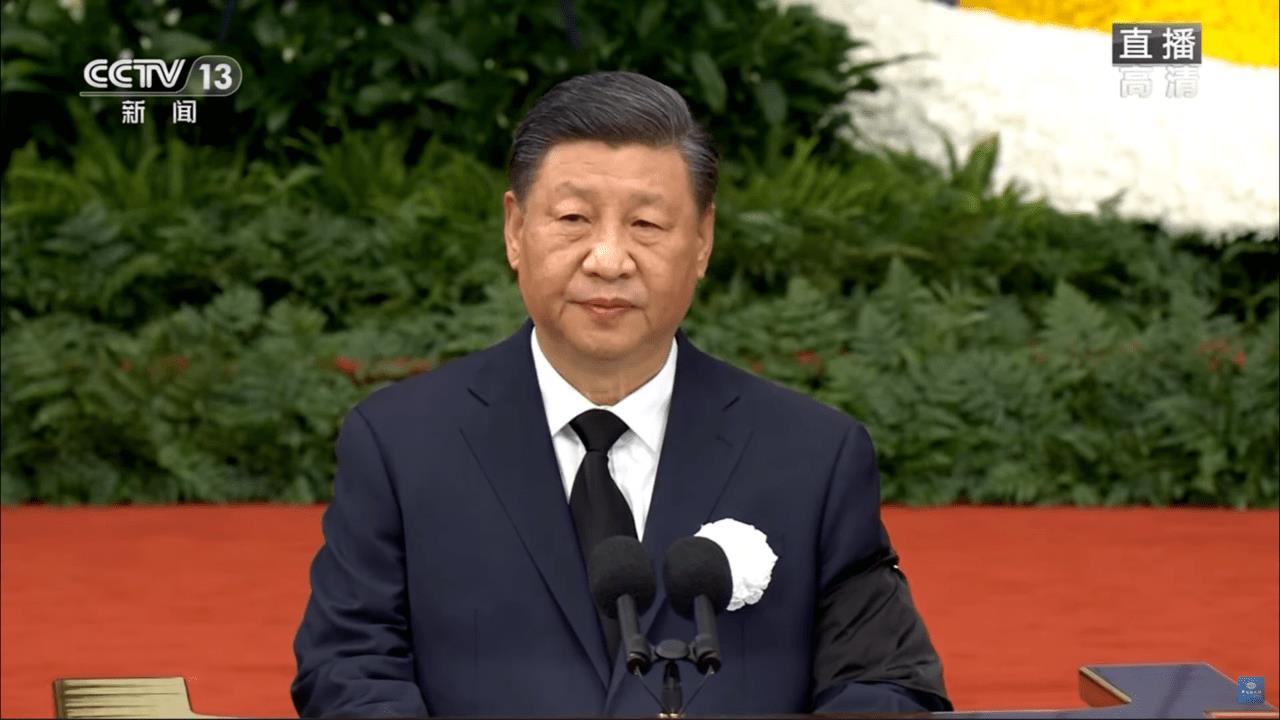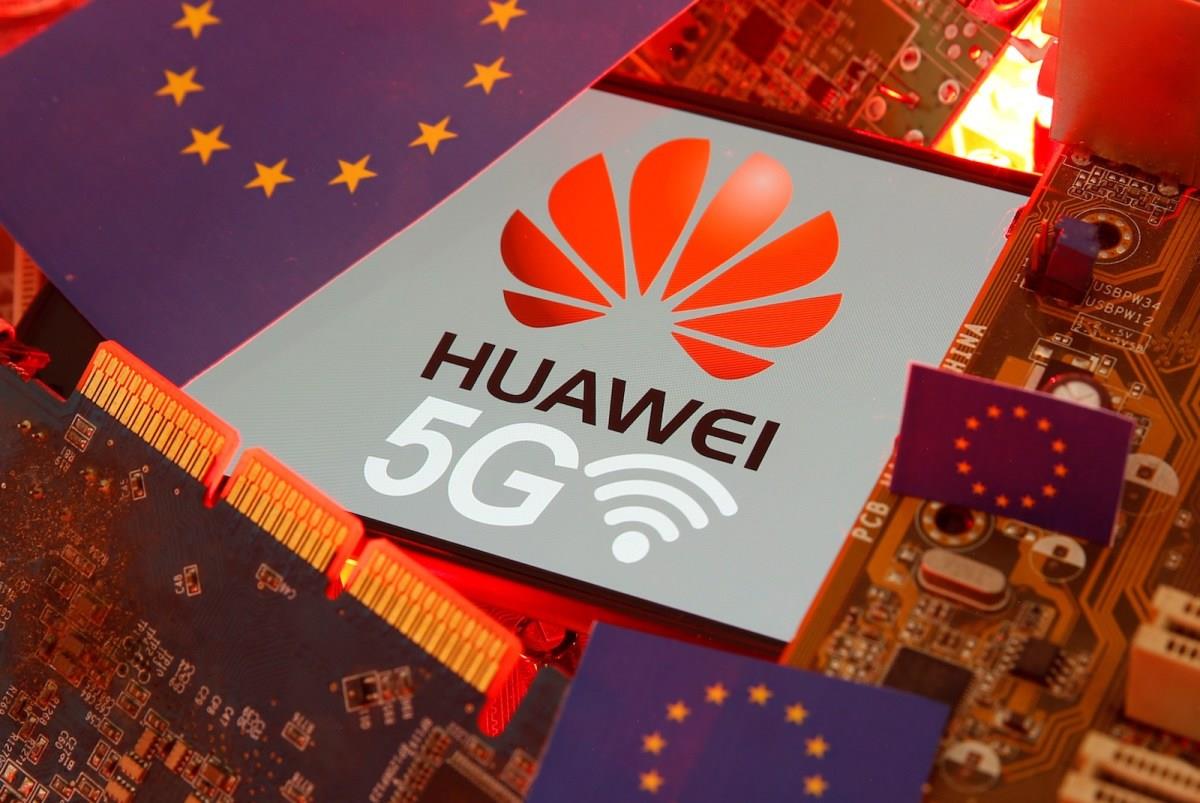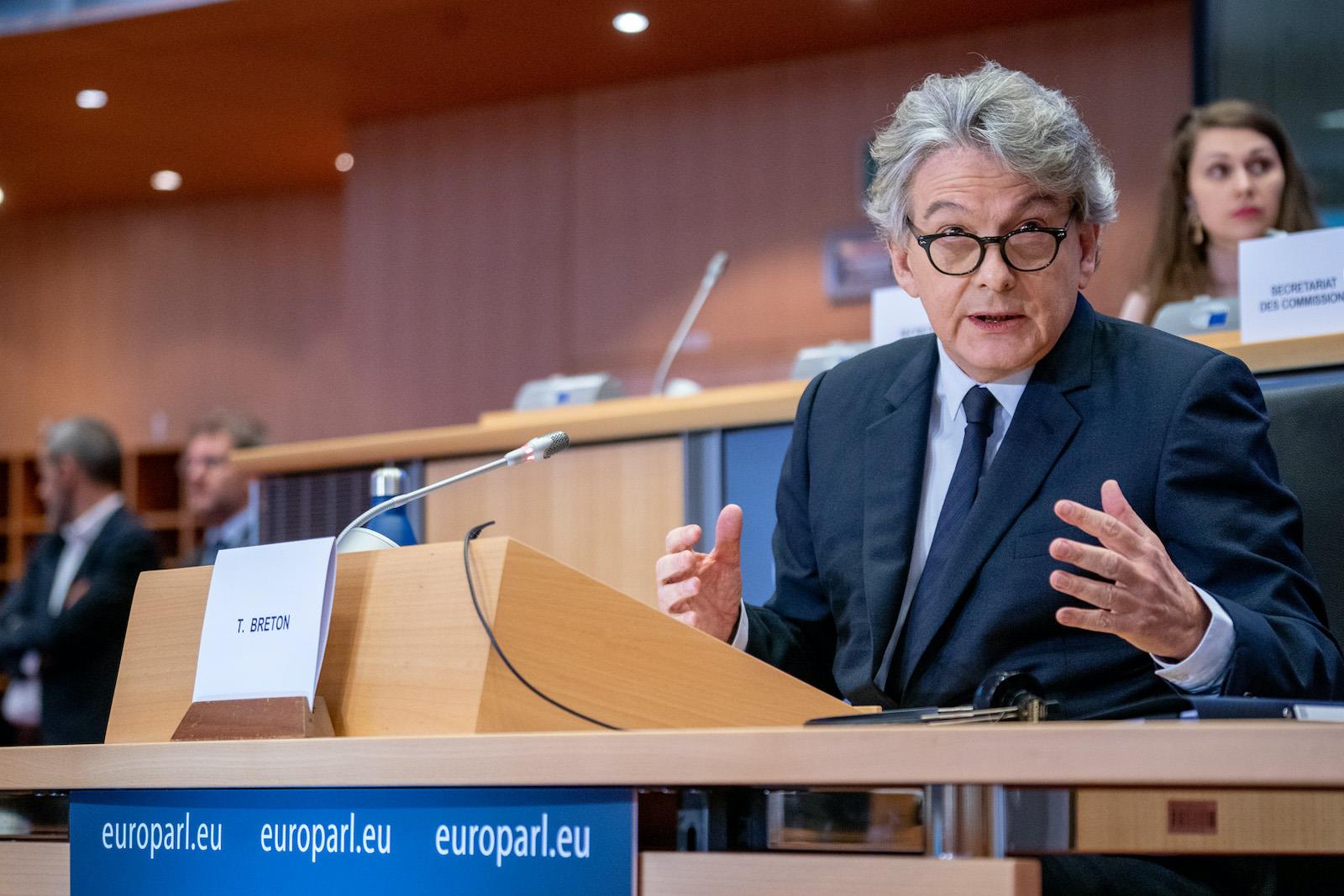In a June 15 press conference, Breton cited European Union guidelines that ask member countries to evaluate“high risk vendors,” adding,“To date, only 10 of them have used these prerogatives to restrict or exclude high risk vendors. This is too slow, and it poses a major security risk and exposes the Union's collective security, since it creates a major dependency for the EU and serious vulnerabilities.”
“We cannot afford to maintain critical dependencies that could become a weapon against our interests,” he emphasized.
Deutsche Telekom quickly rejected claims that mobile networks built by China's Huawei could be altered remotely to cause damage or steal data. In a June 16 statement to the German news site golem.de , a spokesman for the German telecom provider declared,“No [software] update can be introduced into the live system that was not fully tested for functionality and security.”
Latest stories

what china must do to revive its fading recovery

indonesia filling air defense gaps with old used jets

will xi set china's capitalist class free?
“The network management systems are located in a high-security network that is completely separated from the Internet and from the company's office communications network,” said Deutsche Telekom executive Stephan Broszio, according to press reports.“Access to this network is granted only to a few employees subject to strict security review. A remote attack by the producer firm [namely Huawei] is not possible.”
Meanwhile, Austria's chief telecommunications regulator, Klaus Steinmauer, told the Austrian News Agency that he“saw no danger from Huawei,” adding,“I don't know of a single instance” of problems.
Nevertheless, the European Commission plans to remove Huawei and ZTE equipment from its offices and recommends the European Parliament and European Council do the same. But it does not have authority to order individual governments to exclude specific vendors from their telecommunications infrastructure.
Germany's Foreign Ministry, now held by the archly pro-American Green Party,“advocates a tough policy towards Chinese telecom firms,” the German business daily handelsblatt reported June 19.
Germany's Interior Ministry, which belongs to the Social-Democratic Party in Germany's three-way coalition government, hasn't taken a position.“A spokesperson for the Interior Minister left open how much the EU Commission's position towards Huawei and ZTE might play a role” in German policy, the German newspaper added.
Germany's telecom regulators started evaluating the security of systems built by Huawei four years ago, under pressure from Washington. The evaluation remains“ongoing,” the interior ministry said.
Eliminating Chinese 5G equipment – mostly from Huawei, but some from ZTE – would be expensive and highly disruptive to European mobile telecom services, with estimates of the total cost reaching tens of billions of euros.
John Strand, whose consulting firm is often cited on alleged security risks associated with Huawei, told the press that allowing Huawei to participate in 5G networks is“like inviting someone you don't trust to visit your secret offices. It could be risky for Europe's security and EU's plan to have self-autonomy.”
Nonetheless, the Netherlands – which has banned exports of ASML's advanced EUV semiconductor lithography equipment to China and where Huawei has reportedly been under surveillance by the national intelligence agency since 2019 – depends on Huawei for a reported 72% of its telecom infrastructure.
Huawei is also an active participant in Horizon Europe and other EU research programs working on technologies reportedly ranging from artificial intelligence to autonomous driving, high-performance computing and quantum sensing.
Huawei has, of course, rejected the European Commission's allegations. In a press statement released June 18, the Shenzhen-based firm said:
“Huawei strongly opposes and disagrees with the comments made by representatives from the European Commission. This is clearly not based on a verified, transparent, objective and technical assessment of 5G networks.
“Huawei understands the European Commission's concern to protect cybersecurity within the EU. However, restrictions or exclusions based on discriminatory judgments will pose serious economic and social risks. It would hamper innovation and distort the EU market...
“Publicly singling out an individual entity as 'HRV'(High Risk Vendor) without legal basis is against principles of free trade.”
The statement goes on to invite customers and testing organizations to Huawei's Cyber Security Transparency Centre in Brussels“to perform fair, objective, and independent security tests and verifications according to industry-recognized cyber security standards and best practices.”
That would not prove that China (or some other country) might not try to use Huawei (or other) 5G equipment in a future spy operation in Europe, but it would help dispel suspicions that Breton and the European Commission are simply following instructions from the US.
Follow these writers on
Twitter: @ScottFo83517667 and @davidpgoldman
Like this:Like Loading... Related
























Comments
No comment